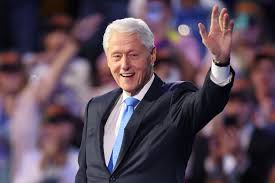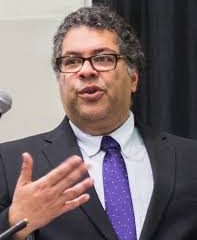The Legacy of Bill Clinton: A Reflection on His Presidency

Introduction
Bill Clinton, the 42nd President of the United States, served from 1993 to 2001 and is known for his significant influence on American politics and global relations. His presidency was marked by economic prosperity, a focus on social issues, and various controversies, making it essential to examine his legacy and continuing relevance in today’s political landscape.
Political Achievements
Bill Clinton’s time in office was characterized by a booming economy, with a notable decrease in unemployment and a budget surplus achieved by the end of his second term. Significant policies during his presidency included the North American Free Trade Agreement (NAFTA), welfare reform, and the establishment of the Children’s Health Insurance Program (CHIP). These policies aimed to strengthen the American economy and improve the lives of citizens.
Controversies and Challenges
However, Clinton’s presidency was not without its challenges. His administration faced significant scrutiny, particularly due to the Lewinsky scandal, which led to his impeachment by the House of Representatives in 1998 on charges of perjury and obstruction of justice. Although he was acquitted by the Senate and completed his term in office, this scandal became a significant part of his legacy and influenced public perception.
Public Life Post-Presidency
Since leaving office, Bill Clinton has remained active in public life, focusing on global health initiatives and philanthropy through the Clinton Foundation. His efforts in combating diseases, addressing climate change, and promoting economic development in impoverished nations have garnered both praise and criticism. Clinton’s work has sparked discussions about the responsibilities of former presidents in shaping societal issues and engaging in global diplomacy.
Conclusion
The legacy of Bill Clinton continues to evoke mixed opinions, as his contributions to the economy and social issues are often overshadowed by personal controversies. As current political issues arise, his experiences and administration policies provide valuable lessons for modern governance. With the approaching 2024 elections, Clinton’s influence remains pertinent, as both supporters and critics reflect on his era, searching for insights relevant to today’s political climate.








